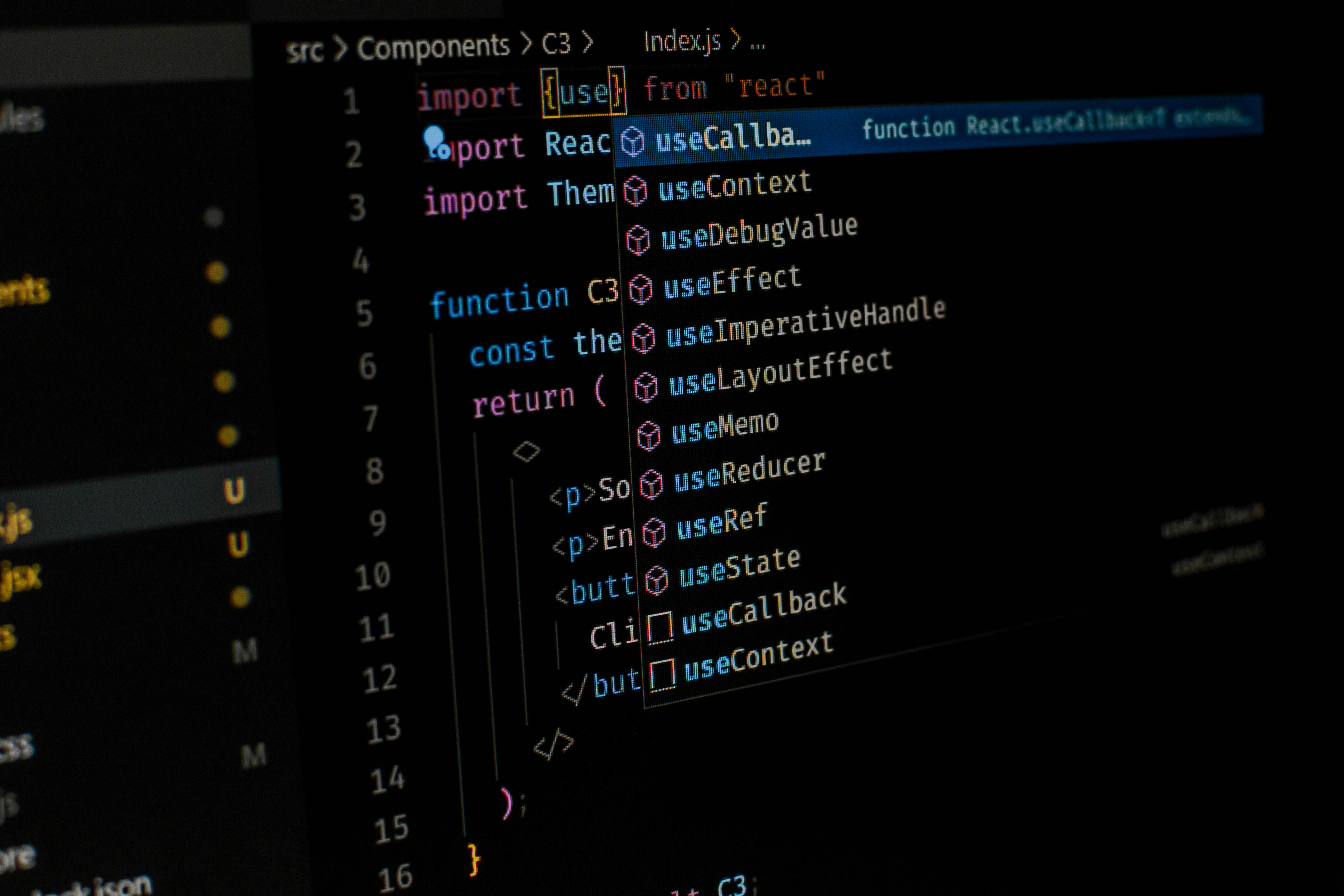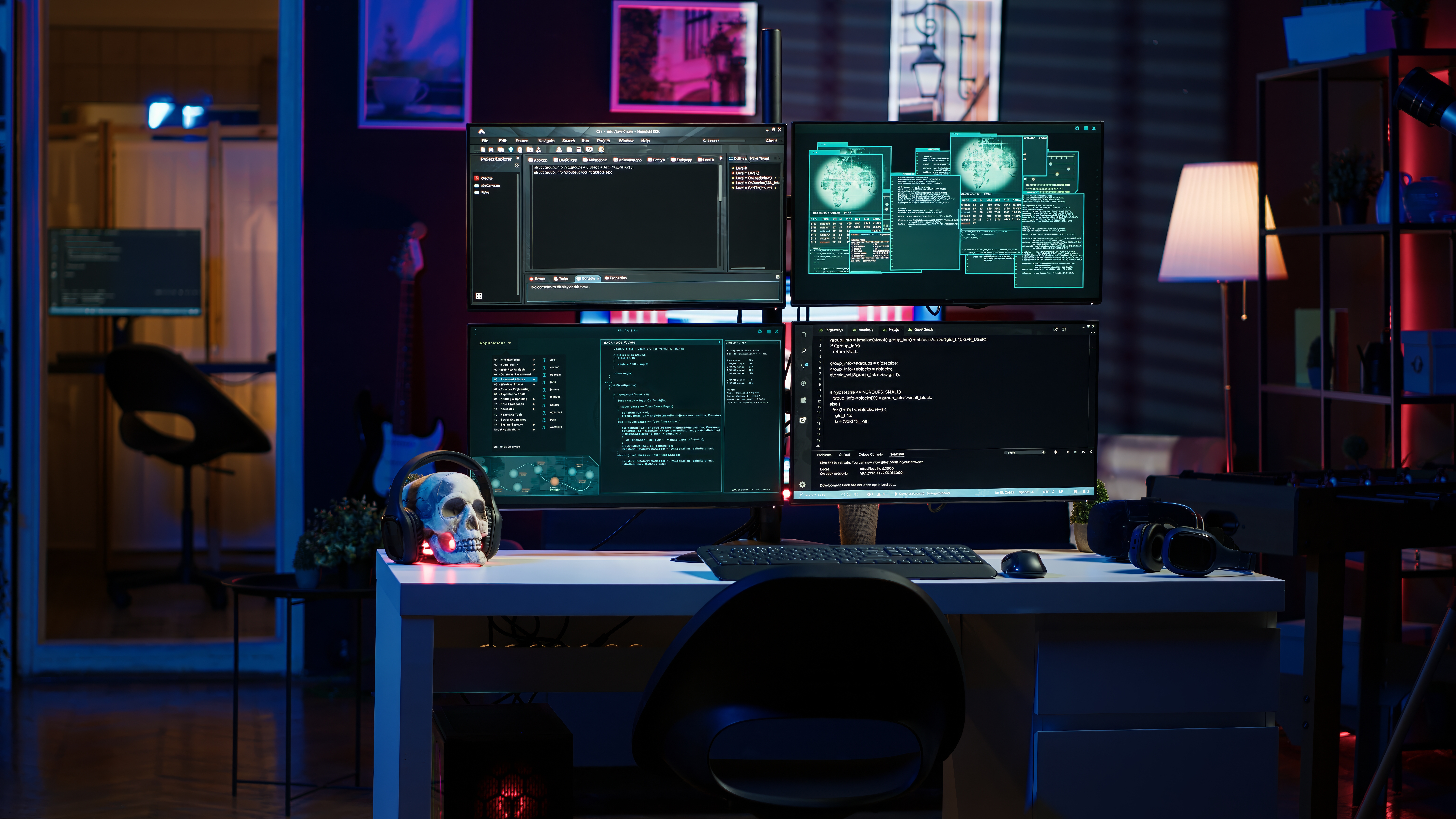As software developers, we’re often driven by a passion for coding and a desire to solve complex problems. We thrive on creating elegant solutions, tackling bugs, and building something from scratch. But after a while, the long hours, tight deadlines, and constant demands from projects can take a toll. Burnout—an overwhelming sense of exhaustion, stress, and lack of motivation—can creep up on even the most dedicated developers.
The good news? There are ways to avoid burnout and protect your passion for coding while maintaining your productivity. In this article, we’ll discuss some strategies to help you stay energized, focused, and, most importantly, happy in your career as a software developer.
1. Recognize the Warning Signs Early
The first step to avoiding burnout is recognizing its warning signs before it’s too late. Burnout doesn’t just happen overnight—it builds gradually. If you start feeling emotionally drained, lack motivation to write code, or dread your daily standups, it might be time to take a step back and reassess. Other signs of burnout include:
- Chronic fatigue, even after a full night’s sleep
- Constant frustration with your work or projects
- A sense of detachment from the team or the product you’re working on
- A decreased quality of work or making simple mistakes that you wouldn’t normally make
- Feeling overwhelmed by tasks and unable to focus
If you’re noticing any of these symptoms, it’s time to put some healthy strategies in place before burnout takes over.
2. Establish Boundaries Between Work and Personal Life
As a software developer, you may have the flexibility to work from home or choose your hours, but this can sometimes blur the lines between work and personal life. It’s easy to get into the habit of working late into the night to fix bugs or finish a feature, but this can lead to fatigue and an eventual loss of motivation.
To prevent burnout, establish clear boundaries. Here are some tips:
- Set a strict work schedule: Create a clear start and end time for your workday. Stick to it as much as possible, and resist the temptation to work during your off hours.
- Designate a workspace: If you work from home, create a dedicated work area that you only use for work. This helps signal to your brain when it’s time to be productive and when it’s time to relax.
- Take regular breaks: Short breaks during the day can significantly improve focus and energy. Stand up, stretch, take a walk, or grab a snack—just step away from the screen for a few minutes.
- Disconnect after hours: Once your workday is over, try to disconnect from work entirely. Don’t check your emails, don’t open your laptop, and don’t think about the code you left unfinished. Use this time to recharge.
3. Focus on Learning and Growth (Without the Pressure)
Software development is an ever-evolving field, and it’s easy to feel like you have to keep up with every new framework, tool, or programming language. But trying to stay on top of the latest trends can quickly lead to burnout if you’re constantly feeling like you’re behind or not doing enough.
Instead of forcing yourself to learn everything at once, focus on continuous, manageable learning. Try the following:
- Pick one skill or tool to master at a time: Don’t overwhelm yourself by trying to learn multiple technologies at once. Instead, choose one area to focus on, whether it’s mastering a specific programming language or diving deep into a framework. This will give you a sense of accomplishment and prevent information overload.
- Take breaks from learning: Sometimes, it’s okay to take a step back from learning new technologies. Give yourself permission to not always be in "learning mode." Instead, focus on what you’ve already mastered and apply it to your projects.
- Don’t compare yourself to others: It’s easy to get caught up in the success stories of other developers who seem to be learning and building at lightning speed. Remember, everyone has their own journey. Focus on your own growth and don’t feel pressured to compete with others.
4. Celebrate Small Wins and Track Your Progress
As developers, we often focus on the end goal—shipping that final product, fixing the critical bug, or completing the feature. But the long journey to these milestones can feel draining if we don’t take time to celebrate the small wins along the way.
Make it a habit to celebrate even the smallest accomplishments. Did you push your code to production without issues? Celebrate that! Did you solve a particularly tricky bug? Give yourself a pat on the back! This practice helps maintain motivation and reminds you of the progress you’re making, no matter how incremental it may seem.
Tracking your progress is also an excellent way to prevent burnout. Keeping a list of what you’ve accomplished each day or week can help you see how far you’ve come, making the larger tasks feel more manageable. Additionally, tracking your progress can help you stay organized, allowing you to focus on one task at a time without feeling overwhelmed.
5. Don’t Be Afraid to Ask for Help
One of the most common reasons for burnout is trying to do everything on your own. Whether you’re working as part of a team or as a solo developer, there’s no shame in asking for help when you need it.
- Collaborate with your team: If you’re feeling stuck, talk to a colleague or a mentor. Sometimes, a fresh set of eyes can help you solve a problem much faster than working alone.
- Delegate tasks when possible: If you’re working on a project with a team, don’t hesitate to delegate tasks or ask for assistance when you’re overwhelmed. It’s better to ask for help than to risk making mistakes or running yourself into the ground.
- Seek support: If the pressure is getting to you, talk to your manager or team leader. It’s in everyone’s best interest for you to stay healthy and productive, so don’t hesitate to express concerns or discuss ways to alleviate the workload.
6. Take Time Off and Recharge Your Batteries
Sometimes the best thing you can do for your mental and physical well-being is to take a break from coding entirely. Whether it’s a weekend getaway, a staycation, or a full vacation, stepping away from work gives you a chance to recharge and reset.
- Use your vacation days: If you have paid time off, use it! A few days of rest can work wonders in restoring your energy and enthusiasm for coding.
- Take mental health days: Don’t wait until you’re burned out to take time off. If you’re feeling mentally exhausted, it’s okay to take a day to relax and clear your mind.
- Unplug from technology: If possible, try to take breaks from screens altogether. Go for a hike, spend time with friends or family, or do something creative that doesn’t involve technology. This allows your mind to unwind and prepare for the next challenge.
Conclusion: Maintaining Your Passion for Software Development
Burnout doesn’t have to be an inevitable part of a software developer’s career. By recognizing the signs early, establishing healthy work-life boundaries, focusing on continuous learning without pressure, and celebrating your achievements, you can avoid the pitfalls of burnout and continue to thrive in your career.
Remember, software development is a marathon, not a sprint. Take the time you need to recharge, and keep your passion for coding alive by maintaining balance. You’ve chosen a challenging but rewarding field, and by taking care of yourself, you can continue building amazing things for years to come.
Tags
Johnathon_Crowder
Technical Writer & Developer
Author of 12 articles on Fusion_Code_Lab. Passionate about sharing knowledge and helping developers grow.



